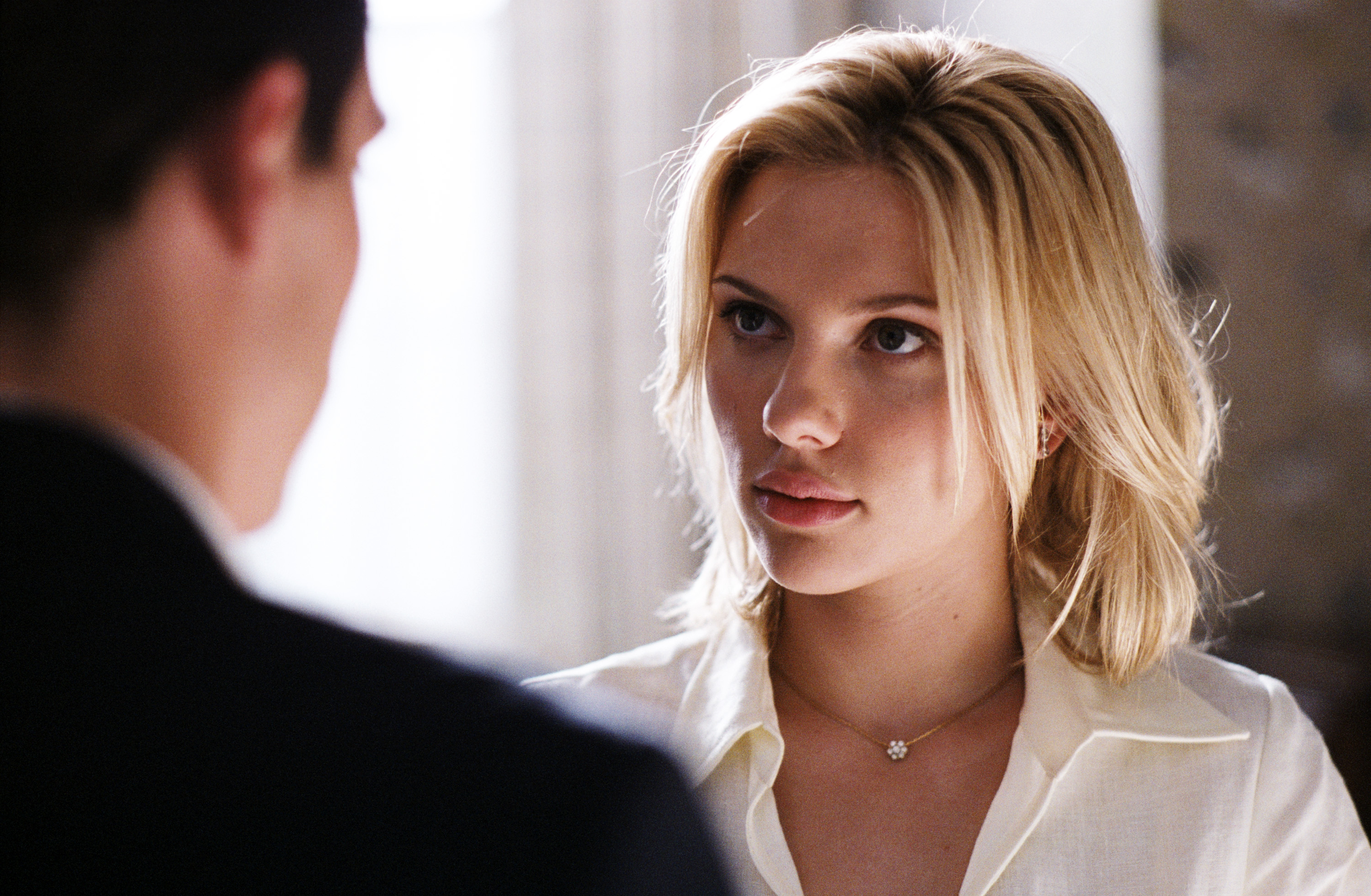I’ve fantasized for a good twenty years now about Anhedonia, the 140-minute workprint of what eventually became Annie Hall. The original title of the project-which seems in its reflexive analysis of Allen’s public persona to have been intended as something akin to an essay film-referred to an inability to experience pleasure. As unseen movies go, it has a lower pedigree than Tod Browning’s London After Midnight, Hitchcock’s The Mountain Eagle, or Orson Welles’s cut of The Magnificent Ambersons; the few who have seen it would agree that the released version was infinitely superior. But it’s tantalizing, because Woody Allen in 1976 and 1977 was such a formidable comic.
Midnight in Paris
There’s an irony in the fact that, while Woody Allen’s latest movie explicitly rejects nostalgia, it’s also his comfiest throwback in years. Midnight in Paris feels exactly like the kind of modest picture Allen might have made back in the 1980s — a gently played, loosely extended lark that culminates in a prescription for life well lived.
Vicky Cristina Barcelona
77/100A little more than halfway through Vicky Cristina Barcelona, three of the film’s characters — two women, one man — are picnicking. As in much of the film, the photography has the rich golden hue of a languid summer day. The women are dressed in light flimsy material that seems like it might be whipped away if the wind turns. The images communicate in a nearly tactile mode; Javier Aguirresrobe’s cinematography evokes the warming sensation of sunlight, and the actresses’ bodies make you think of the feeling of a hot breeze brushing softly against skin. You can almost smell the grass. It’s a lovely scene in an especially playful film crafted by a masterful filmmaker — an old man’s movie that invests in the spirit of reckless youth.
Cassandra’s Dream
Well into his 70s, Woody Allen seems more concerned than ever with issues of the human conscience. He mined the territory with Crimes and Misdemeanors back in 1989, but then revisited it in 2005 with Match Point, celebrated as a comeback film. Once a quintessential New Yorker, Allen has lingered in London for the last few years, and this time he uses the city as a backdrop for a story of sex, class, brotherly love, and cold-blooded murder. Cassandra’s Dream is the name of a tiny boat, purchased by brothers Ian (Ewan McGregor) and Terry (Colin Farrell) from scraped-together funds. The story is driven by money — Ian needs it to impress his actress girlfriend, and sad-sack Terry needs it to repay gambling debts. The tension comes when they consider how far they’ll go to satisfy their needs and aspirations. The performances are a bit too awkward, and Allen’s directorial style a bit too leisurely, to make Cassandra’s Dream work as a crime drama. At the same time, there’s a lot to admire — especially the elegant work of master cinematographer Vilmos Zsigmond. Not really a success but not a complete failure, either. B-
Match Point
78/100You get almost 1000 hits when you run a Google search for “match point” woody departure, about 990 more than you get when you search “match point” woody “same old shit”. That’s a good thing, even if Woody Allen’s newest film is less of a change-up than the PR suggests. It really has the old man’s fingerprints all over it. The main thing in Allen’s career right now that it’s a departure from is sucking.
Hollywood Ending

Woody Allen has always been nostalgic and a sentimentalist, but only
lately has he seemed completely outdated. In the context of his recent
work, Hollywood Ending is something of a success-a mild
comedy about the movie industry with a few healthy laughs. Allen plays
Val Waxman, a temperemental has-been auteur who gets hired on a
potential comeback picture on the strength of lobbying inside the
studio by a former lover (Téa Leoni) who has since become engaged to a
studio exec. Naturally, many things go wrong.
Small Time Crooks

A throwback to his Broadway Danny Rose style of moviemaking, Woody Allen’s Small Time Crooks
feels like an attempt to please an audience that doesn’t exist anymore.
Elevated by a truly comic ensemble that works hard to replace whatever
inspiration is missing from the screenplay, this is inarguably a minor
work, more assured than Deconstructing Harry but lacking the defensive aggression that made the earlier film more than a nostalgia piece.
Sweet and Lowdown

Woody Allen’s most conventional picture in years is being touted as a
real return to form, and I suppose that’s true. His previous effort, Celebrity, was the worst Woody since Mighty Aphrodite (and probably longer than that), so Sweet and Lowdown certainly looks good in comparison. I have to admit, though, that I enjoyed the playful Everyone Says I Love You and the feisty, combative Deconstructing Harry
enough to rate them more highly despite the fact that the auteur was
shamelessly pillaging his own back catalog on both occasions.

